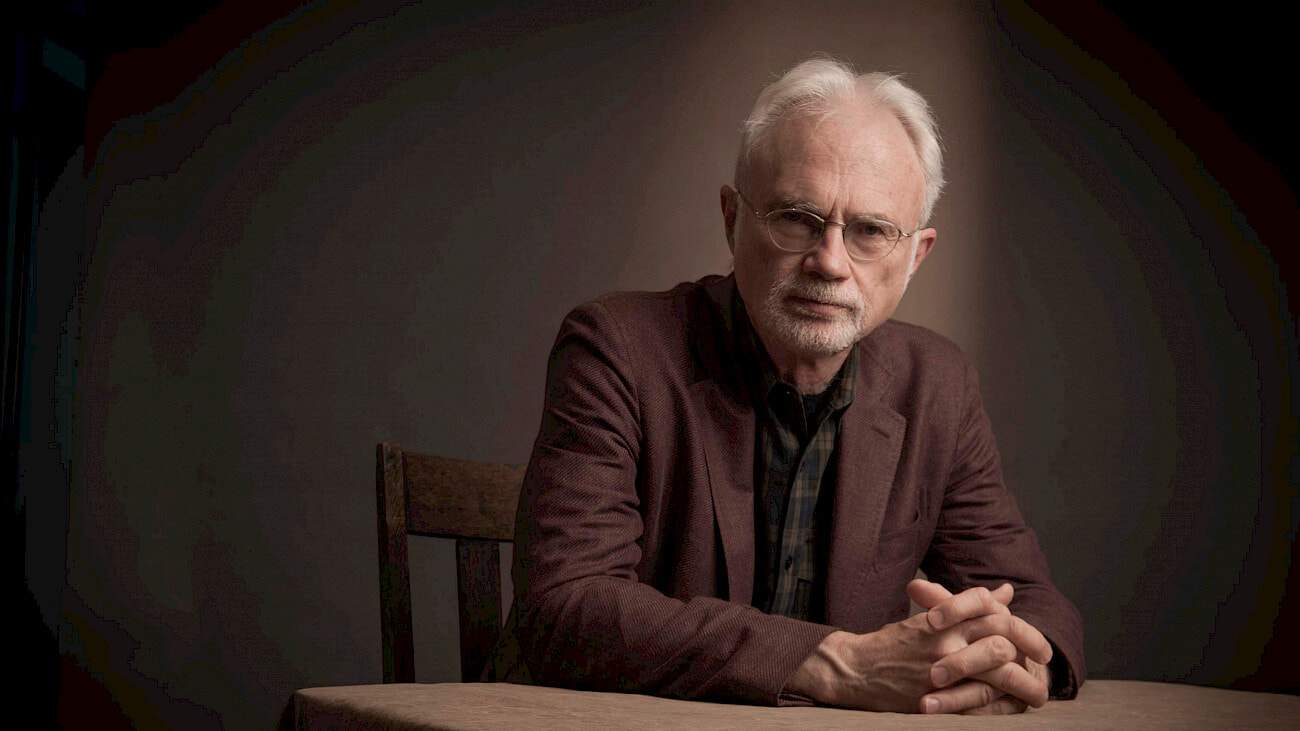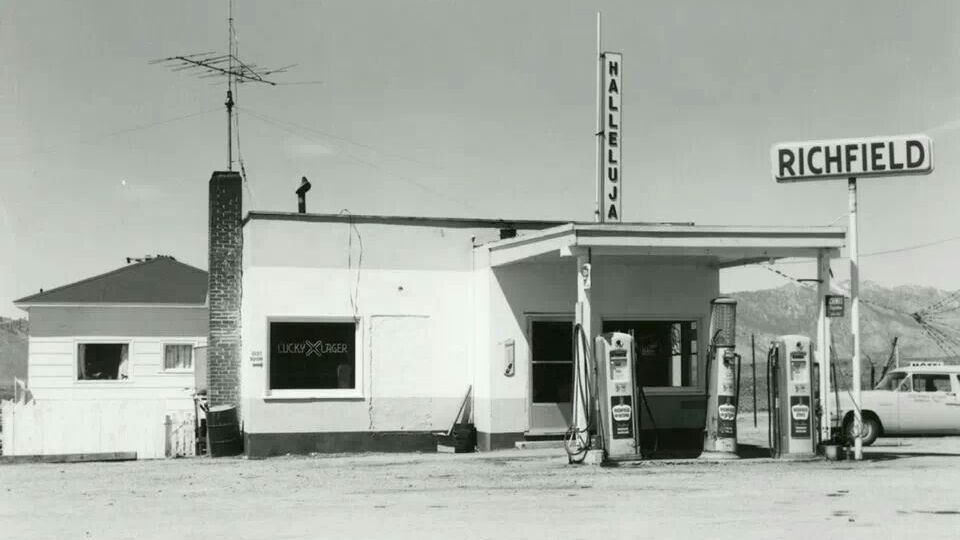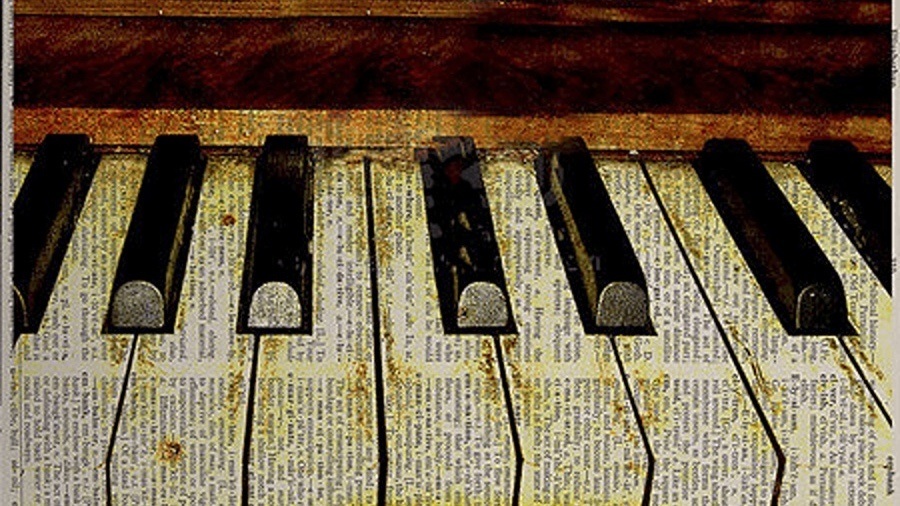John Adams’ “China Gates”: The Hypnotic Patter of Rain
For American composer John Adams (b. 1947), the inspiration for the solo piano work, China Gates, came on an endlessly rainy day in San Francisco during the winter of 1977. Adams recalls the gentle, hypnotic patter of the rain hitting the roof of his cottage near the Pacific Ocean. This natural counterpoint gave rise to the repetitive patterns of China Gates, a brief companion composition to Adams’ Phrygian Gates, composed during the same period. “Gates,” …







